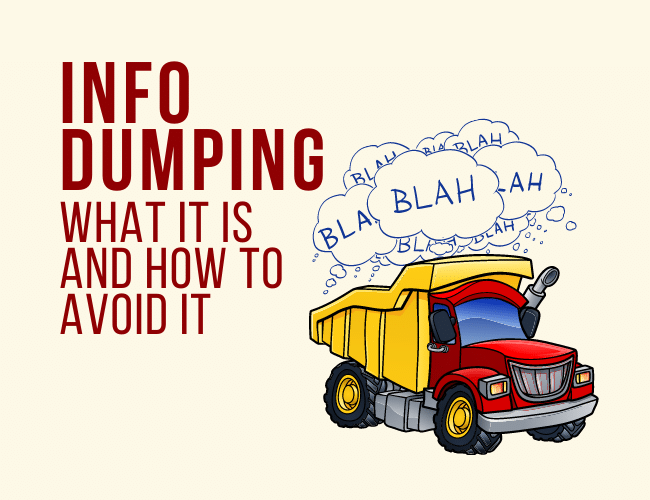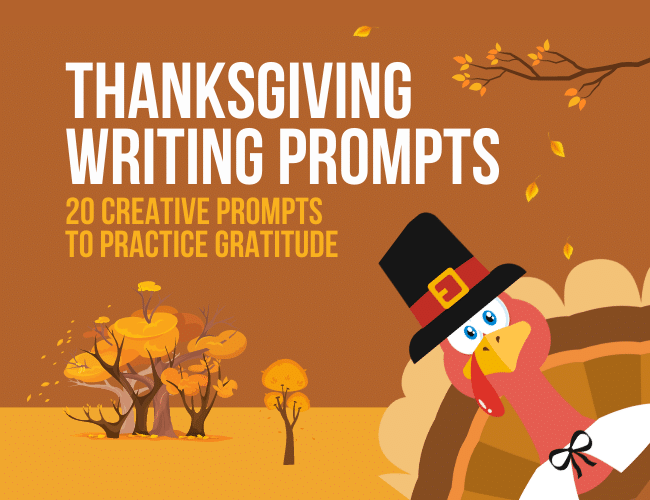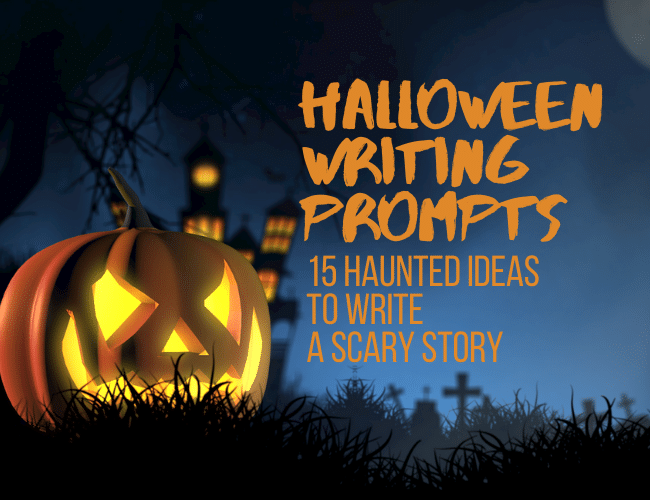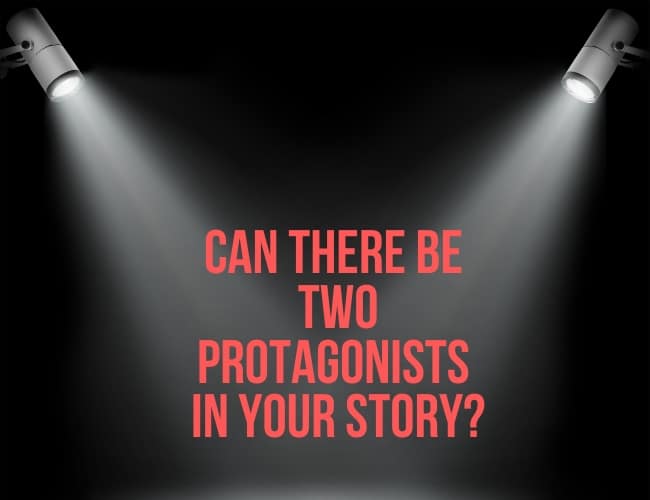
by Joe Bunting and Abigail Perry |
How do you create memorable characters? What’s characterization, and how does a writer turn a name on a page into a person so vivid and compelling that you imagine they’re real?
In this article, you’ll learn what characterization is, when it matters, and how to apply it to your characters and stories. You’ll also see some examples of characterization, and explanations of when not to prioritize characterization over other story elements.

by Abigail Perry |
Have you ever been given feedback that there was too much info dumping in your story? Did you not really understand what that meant?
Info dumping is a common piece of feedback for authors who include too much information in their stories. If you info dump, you will slow the pace—and worse, you’ll likely bore readers. You never want to bore your readers.
So how do you know when to include a “chunk of info” and when it is better to strip your scenes to the bone? (Almost always, by the way.)
In this article, you can learn what info dumping is, along with some common ways writers accidentally do it. You’ll also learn some editing questions that can help you condense your writing, leaving your reader with only necessary information that develops characters or advances the plot.

by Abigail Perry |
It’s Thanksgiving week! During this holiday, are you hoping to find some extra practice time for writing? Or maybe you’re looking for some great Thanksgiving writing prompts that can help you express your gratitude?
Thanksgiving is a wonderful time of the year for you to take a breath and slow down. You have a lot to do, I’m sure! However, sometimes taking a few minutes—even just fifteen minutes—in your day to show your gratitude can rejuvenate your holiday spirit.
In this article, you can have some quick and quiet writing time to reflect on what you’re thankful for—by using one fo these twenty-five Thanksgiving writing prompts and exercises.

by Abigail Perry and Ruthanne Reid |
Writers write to get a reaction out of their readers. No matter the genre, you want your reader to feel something when they read your writing.
For horror writers, that feeling is fear. But it’s also so much more than that.
Great horror stories take the everyday creepy and turn it into something even more creepy (and often become a condemnation of injustices in society). And then, the great thing is, horror stories teach you that those creepy things can be beaten. That’s what keeps bringing the readers back.
And that’s why horror writers keep churning out the fear.
Maybe you love writing scary stories. Maybe you don’t, but this is something you’d like to take a whack at, just for practice (we’re fans about that around here!).
Just like reading outside your genre is valuable to mastering the writing craft, so is writing a scary story.
This story doesn’t have to be long, it could be a short story. Try for something you can write in one sitting, like 1,500 words.
To get you started, use one of the Halloween writing prompts suggested in this article. Then let loose, and have fun!

by Abigail Perry |
We’ve seen movies and read books. We know the protagonist when we see her. However, as I mentor and edit authors, I’ve had more and more writers ask me the big question: “Can you have multiple main characters in a story?”
Yes, you can. But should you?







